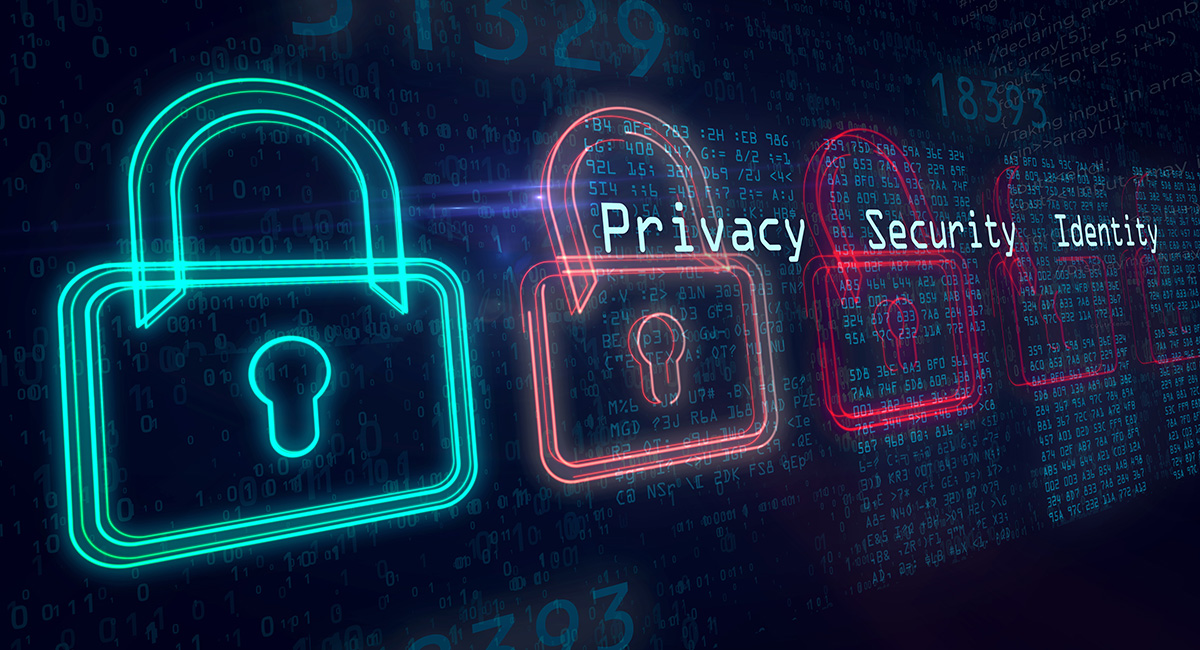Data Privacy while businesses increasingly depend on computer networks and electronic data to maintain their operations, bulks of personal and financial information are transferred and stored online. This makes users at risk of privacy violations. Meanwhile, businesses and organizations suffer enormous liabilities when data breaches occur.
Hundreds of millions of online records are exposed every year. On the other hand, according to statistics, about 33 percent of the US population has experienced identity theft. Furthermore, one in five victims has experienced it more than one. It’s no wonder data privacy has become one of the hottest issues in the digital world in the past few years.
What is Data Privacy?
Data privacy is a branch of data security that governs how data is collected, shared, and used. It revolves around proper handling of data, such as asking for consent, secure storage, as well as how data is shared with partners and third parties.
There are international regulations about data privacy, such as the California Consumer Privacy Act (CCPA) in the US, Personal Information Privacy Act (PIPEDA) in Canada, and EU’s General Data Protection Regulations (GDPR). These regulatory restrictions provide proper standards for governance over data. However, it isn’t always very simple. Ensuring data privacy isn’t just a responsibility of the organizations who handle the data but also of end-users. This article tackles what businesses and end-users could do to protect data privacy.
Data Privacy Tips For Businesses
Ensure data is well-protected
Even if your business isn’t big, never underestimate a hacker’s interest in your company. In fact, according to statistics, 53 percent of cyber attacks are focused on small companies that have relatively lower defenses. Make sure that your IT infrastructure is secure enough to protect consumer data. Take advantage of security tools such as firewalls, data encryption, VPNs, multi-factor authentication, and more. This will decrease your vulnerability to attack.
Train employees at all levels
Human error is among the biggest risk in data protection. According to a survey, at least 54 percent of data breaches resulted from employee negligence or ignorance. Educate your employees about compliance regulations and internal policies to ensure data security. Give your employees clear guidelines and training, especially those who regularly come in contact with sensitive data.
Manage access to sensitive data
The lack of control over sensitive data is a big threat to your company’s security. If data access isn’t managed properly, you are at bigger risk of data breach, theft, or misuse. Know exactly how data flow and identify its vulnerable points. Make sure that only the right people have access to the right data.
Monitor suspicious activity
Your organization’s data and network should be continuously monitored for suspicious activity. This will help you identify attacks early on and minimize damages. Monitor your consumer data and track who is accessing it. Highlight odd behavior on regulated and sensitive data. Large organizations also use tools to scan company networks for unusual activity.
Data Privacy Tips For End Users
Be aware of the threats
End-users must make themselves aware of potential threats and simple know-hows to avoid them. Below are some guidelines to protect from common cybersecurity threats such as malware and phishing:
- Avoid questionable websites.
- Keep an eye on spelling and grammar mistakes, click-bait contents, or the use of sub-domains.
- Do not provide personal information on sites that do not use https
- Practice safe email protocols. Do not open messages from unknown senders and immediately delete spam messages.
- If a message seems suspicious, type in links on the address bar instead of clicking on them on the body of the message.
- Don’t download media (images, videos, or programs) from unreliable senders.
- Install an antivirus program and make sure it is always up-to-date.
Familiarize yourself with privacy tools
Users usually don’t have much control over how their data are kept. However, some platforms offer privacy options, such as making contact information invisible to other users. Make sure to maximize the privacy settings on the platform. There are also a lot of third-party privacy tools that can help improve the security of your online accounts. This includes VPNs that encrypt your internet connection, password managers, email encryption, anti-tracking tools, firewall, ad-block, and more.
Activate MFA whenever possible
Most platforms nowadays offer more secure authentication options such as multi-factor or simpler two-factor authentication methods. Implement them to your account whenever possible. This makes your accounts less susceptible to hacking. However, avoid choosing SMS-based 2FA or MFA. SMS are easily intercepted and the least secure among MFA options.
Our choice is one that has the MFA with Data Privacy inherent while being passwordless. Choose TraitWare
